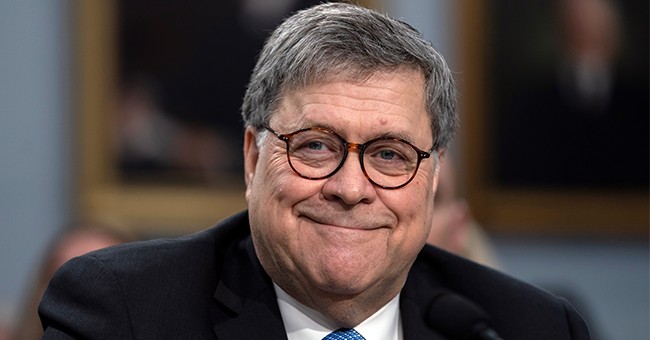
The Wall Street Journal is reporting today that a disagreement between the Justice Department and fired Southern District of New York US Attorney Geoffrey Berman, concerning a letter that would have been critical of New York Mayor Bill de Blasio with regard to NYC’s enforcement of “social distancing” rules on religious practices, likely played a role in Attorney General William Barr’s decision on Friday evening to announce that Berman would be “stepping down” and Securities and Exchange Commission Chairman Jay Clayton would be nominated to be the US Attorney for the Southern District of New York. Here is a link to the article, which is behind the Journal’s paywall.
On Friday and Saturday, I covered what I called the “Rumble in DOJungle” in two parts, with Part One detailing the dispute that broke out after a DOJ press release announcing the changes that would be made effective July 3, 2020, followed later by a statement issued by Berman that he was not “resigning.”
“Rumble in DOJungle – Part One”
Part Two covered the letter sent by AG Barr to Berman on Saturday stating that Berman was being fired immediately in response to his refusal to resign as AG Barr had expected he would.
“Rumble in DOJungle – Part Two”
Not covered much in the media on Friday and Saturday was the fact that Barr was in New York during the day on Friday, first meeting with NYPD and other law enforcement officials of New York. Following that meeting he met with Berman, and we know that one subject in that meeting was the changes that Barr was going to announce.
The WSJ article today – sourced to anonymous DOJ officials. i.e., Barr’s version – says that the meeting on Friday took place against a backdrop of longstanding unhappiness on Barr’s part with regard to Berman, with the article describing Barr’s view of Berman as being “obstinate and difficult to work with.” The article says that Barr had been looking to replace Berman for some time. Berman served in an “Interim” capacity after being appointed in April 2018 by the judges of the Southern District of New York pursuant to a federal statute after the position was “vacant” for a period of more than 120 days.
The WSJ also includes another interesting background fact – that on Thursday Berman had been involved in a dispute with the Assistant Attorney General of the DOJ Civil Rights Division, Eric Drieband, over the letter that was to be signed by both of them, criticizing the de Blasio administration for imposing continuing “social distancing” requirements that hindered religious practices, while doing nothing to address “social distancing” issues in connection with various protests in New York City over the past three weeks.
According to the article, there were a series of edits to the draft letter exchanged between AAG Dreiband and US Attorney Berman, with Berman voicing strong objections to asserting that de Blasio was employing a “double standard”, and later describing the letter as a “political stunt” that would strain the relationship between his office and the City of New York. Berman ultimately refused to sign the letter.
The WSJ article says it is unclear if Barr raised the issue of the letter in his meeting with Berman. But that would have been unnecessary, as the mere refusal on Berman’s part was more than adequate grounds to dismiss him without giving him a chance to explain his side.
While there is a longstanding view within the SDNY and its alums that the office has a reputation of “fierce independence”, and won’t be dictated to by political forces from Washington, they mostly say that to make themselves feel good. The reality is that all US Attorneys’ Offices have that view of themselves. No one likes to be dictated to by DOJ in ways that suggest political considerations are at play – and everyone in US Attorneys’ Offices believes DOJ is overtly influenced by political forces. Neither of those two observations are shocking. DOJ is surrounded, and filled up, with political influences. And all prosecutors like to do their jobs with “fierce independence.”
But it is one thing to say that US Attorneys should resist efforts to have politics play a role in the enforcement operations of the office, and it is something completely different to say that a US Attorney – ANY US Attorney – can disregard policy priorities established by Main Justice, even when they disagree with those priorities.
Two months ago the Department of Justice Civil Rights Division began to seek permission to intervene in lawsuits being filed in numerous states challenging various “shut down” orders imposed by mayors and governors when it became apparent that the enforcement of those orders became less and less neutral with regard to their application to religious practices. The issue seemed to coalesce the week Holy Week when on April 10, the Mayor of Louisville announced that his police department would record of the license plates of cars parked in church parking lots on April 12, Easter Sunday, because religious services were still not allowed under the Kentucky shut-down order, including “drive-in” services where congregants remained in their cars. A federal judge stepped in to block that order, prohibiting the local police in Louisville from attempting or threatening to enforce the Mayor’s edict.
On April 14 — four days later — DOJ sought to intervene in a case filed in Mississippi, after the Mayor of Greenville ordered police to issue $500 citations to persons in attendance at Easter Sunday driver-in services, where they listened to the pastor give his sermon over the radio, and kept their windows rolled up. At the same time, nearby drive-in restaurants were allowed to serve customers who remained in their cars while being allowed to have their windows rolled down. DOJ followed up its intervention in the Mississippi case with several additional interventions in similar cases that had been filed across the country as some of the “shut down” orders began to be eased, but religious services remained on the “banned” activities list.
While I don’t pretend to be an expert on the specifics of New York City’s shutdown orders, or the steps taken by the de Blasio Administration to accommodate religious practices, there have been numerous news accounts of episodes involving padlocking playgrounds of religious facilities, and de Blasio has seemed to single out the Jewish community’s efforts to hold traditional religious services for criticism in his public statements. And it’s undeniable that the de Blasio Administration has made no efforts to impose any “social distancing” rules on the numerous organized rallies and protests that have taken place in New York City over the past month.
It has been widely reported that AG Barr and Pres. Trump are vocally in favor of the steps taken to address religious liberty concerns as raised in lawsuits in various localities around the country. For US Attorney Berman to disagree with the policy priority adopted by AG Barr and President Trump on issues of religious liberty is one thing, but for him to refuse to take steps when directed to do so by DOJ for the purpose of advancing that policy priority is beyond an expression of “independence” — it’s gross insubordination that can only be responded to with termination. The US Attorney’s Office exists to be the “local” prosecutor of the federal government in each of the 93 federal judicial districts across the country. But while they have a level of “independence”, that level does not extend to establishing their own individual enforcement priorities, and disregarding the enforcement priorities of the Attorney General and the President.
Berman was free to refuse to sign a letter he disagreed with. But because that letter reflected a policy priority of DOJ, his refusal should have been accompanied by his letter of resignation.
“Independence” – even in the Sovereign District of New York – only takes you so far.
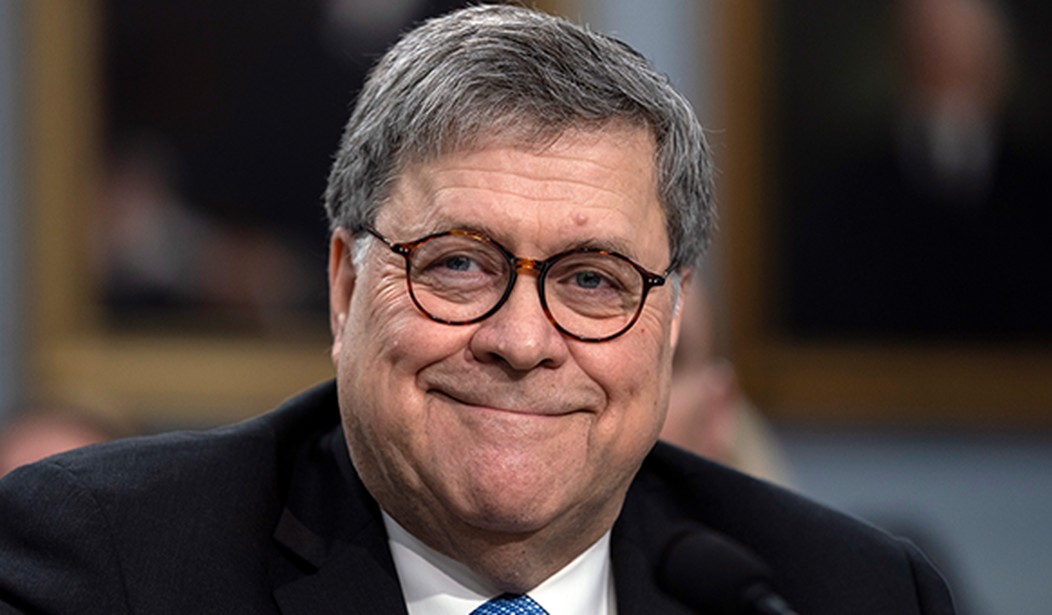

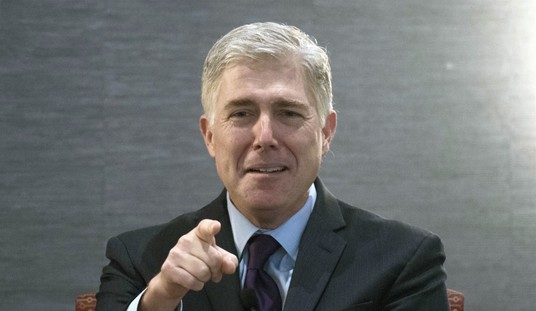
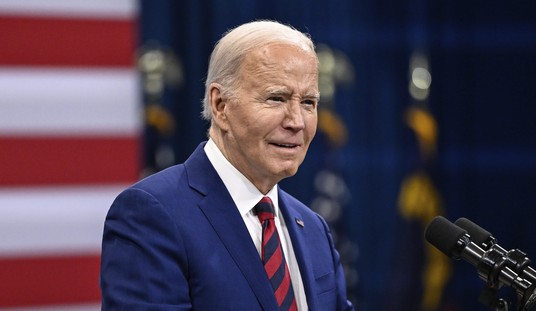
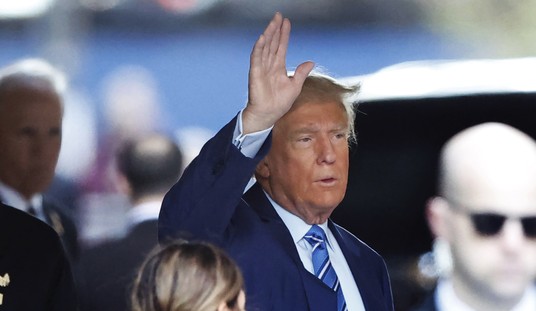


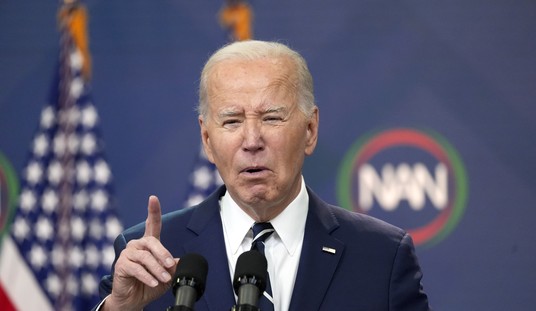

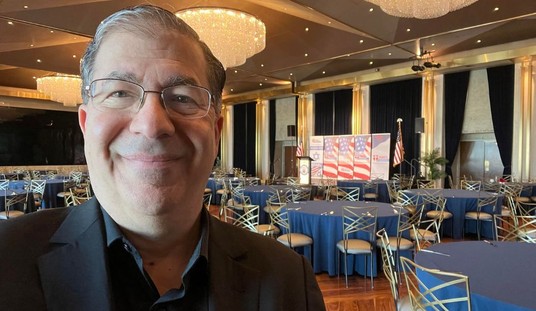

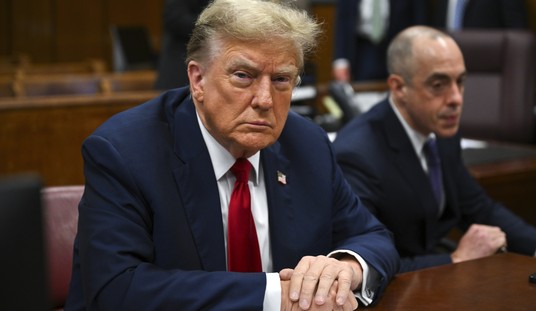
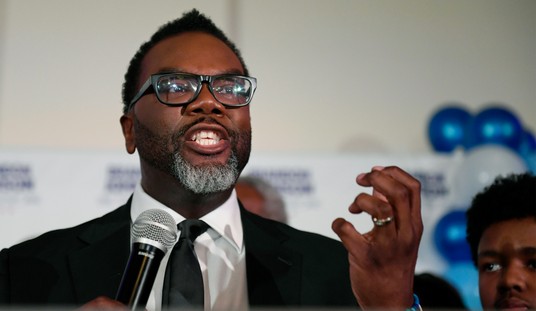
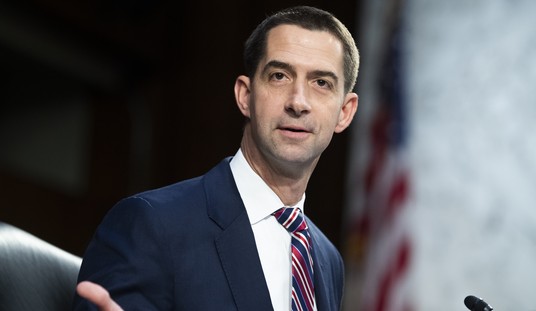

Join the conversation as a VIP Member